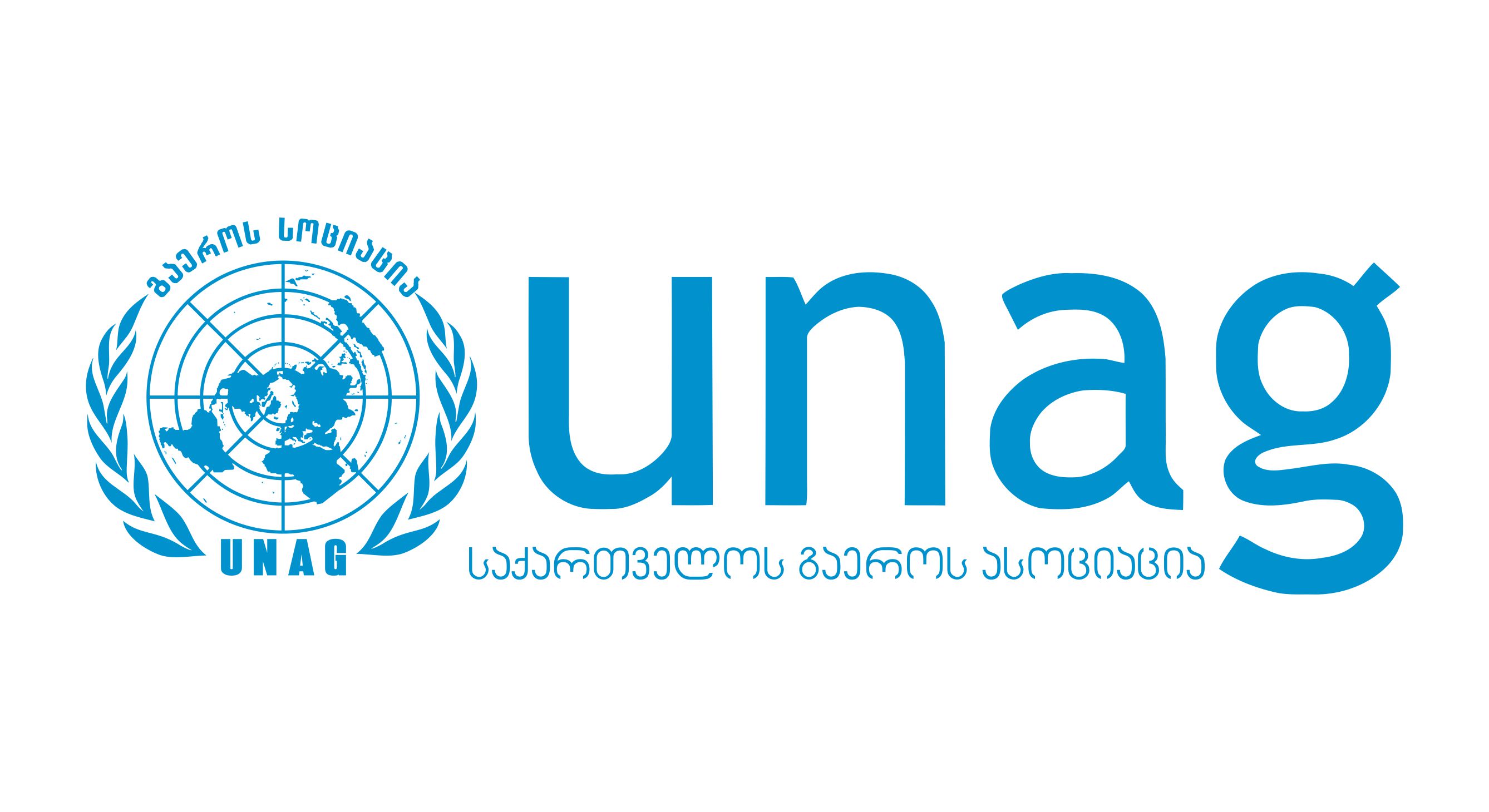Project: STUDY OF OUTCOMES AND PERFORMANCE EVALUATION OF AFFIRMATIVE ACTION POLICY IN GEORGIA
Date: 2013
Status: Completed
The project was funded by The United Nations Association of Georgia in the framework of the USAID funded program ANI. The aim of the research was to examine whether the new affirmative action policy ensures an equal educational opportunities for all students.
Research Objectives:
• Lead a study and analysis of students’ academic performance and determine set of necessary skills for, attitudes and assumptions towards the policy
• Research the level of preparedness of the faculties and appropriateness of the curriculum for carrying out the program within the policy
• Learn and analyze the relevance of learning/teaching materials and infrastructure, teaching approaches and administration strategy for introducing the programs within the affirmative action policy
• To develop recommendation package and public policy document for more effective implementation of the affirmative action policy
• To communicate the developed recommendation package and public policy paper to all stakeholders and accordingly facilitate a discussion of conditions for putting the policy change in the agenda of governmental structures.
The target groups of the research: App. 1500 ethnic minority students studying at the Georgian Language program or continuing education in BA programs; School personnel and school students; HEI faculties and MoES officials.
The CCIIR studied and investigated the following issues related to the Affirmative Action polity and its performance evaluation: (a)The recruitment of students from minority regions of Georgia and the level of information about the affirmative action policy in minority population; (b) an appropriateness and relevance of the affirmative action policy in terms of its impact on the education outcomes of the minority students on tertiary education level; (c) the level of preparedness of minority students for the tertiary education participating in special one-year Georgian language program within the policy; (d) the process of the learning/teaching in terms of academic performance, infrastructure, other important components for success of affirmative action; (e) general impact of the affirmative action policy on the minority community groups living in Georgia; (f) the problems of ethnic minority students’ after the completion of one year Georgian language program and moving at Bachelor level at higher educational institutions of Georgia.
Research methodologies: 1. Analysis of the teaching/learning materials as well as curricular of the programs; 2. Face-To-Face Interviews with students; 3. Interviews with education officials; 4. Focus Group Discussions and 5. Questionnaires.
CCIIR published the research report in Georgian and English languages. E-version of research document -
